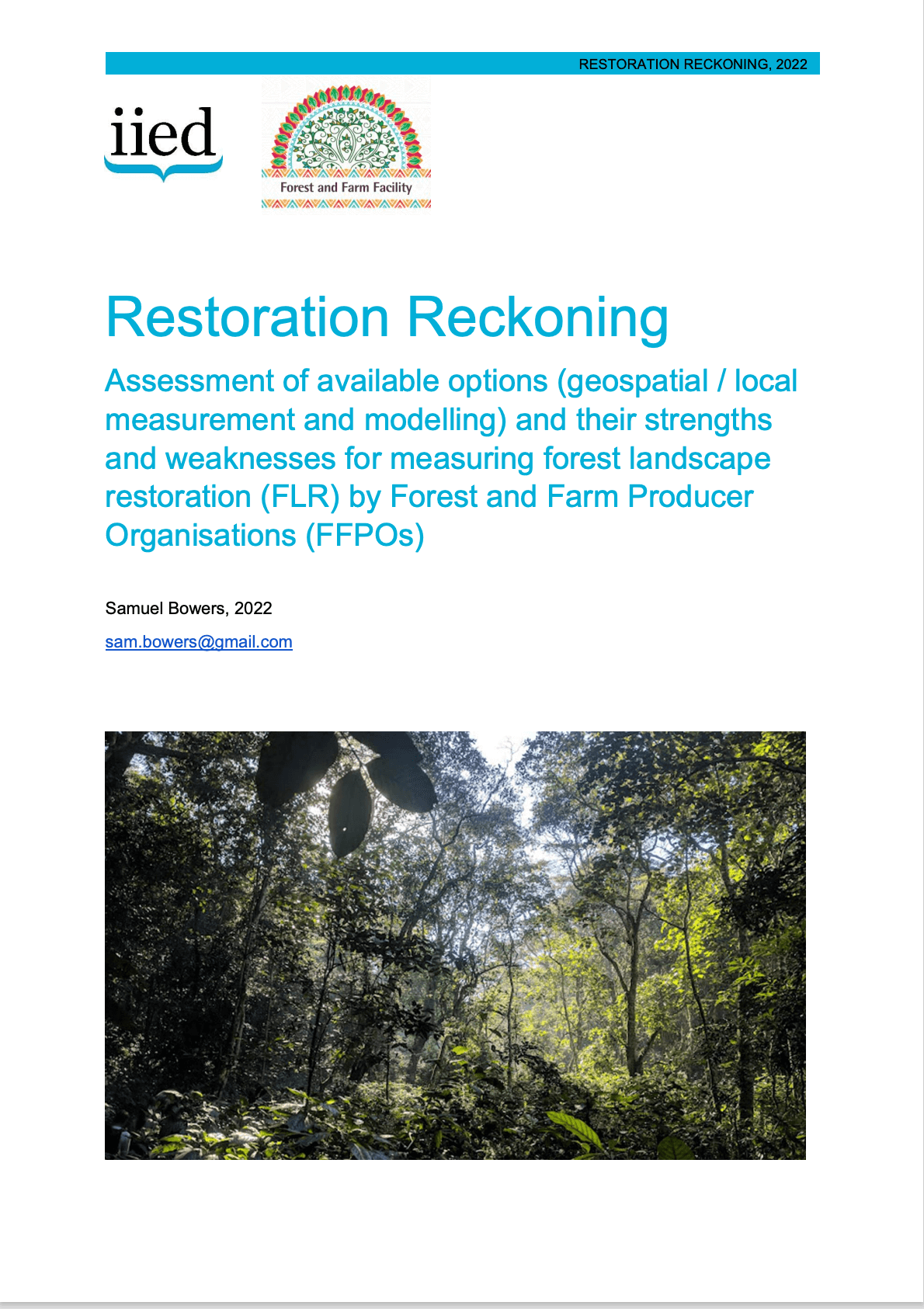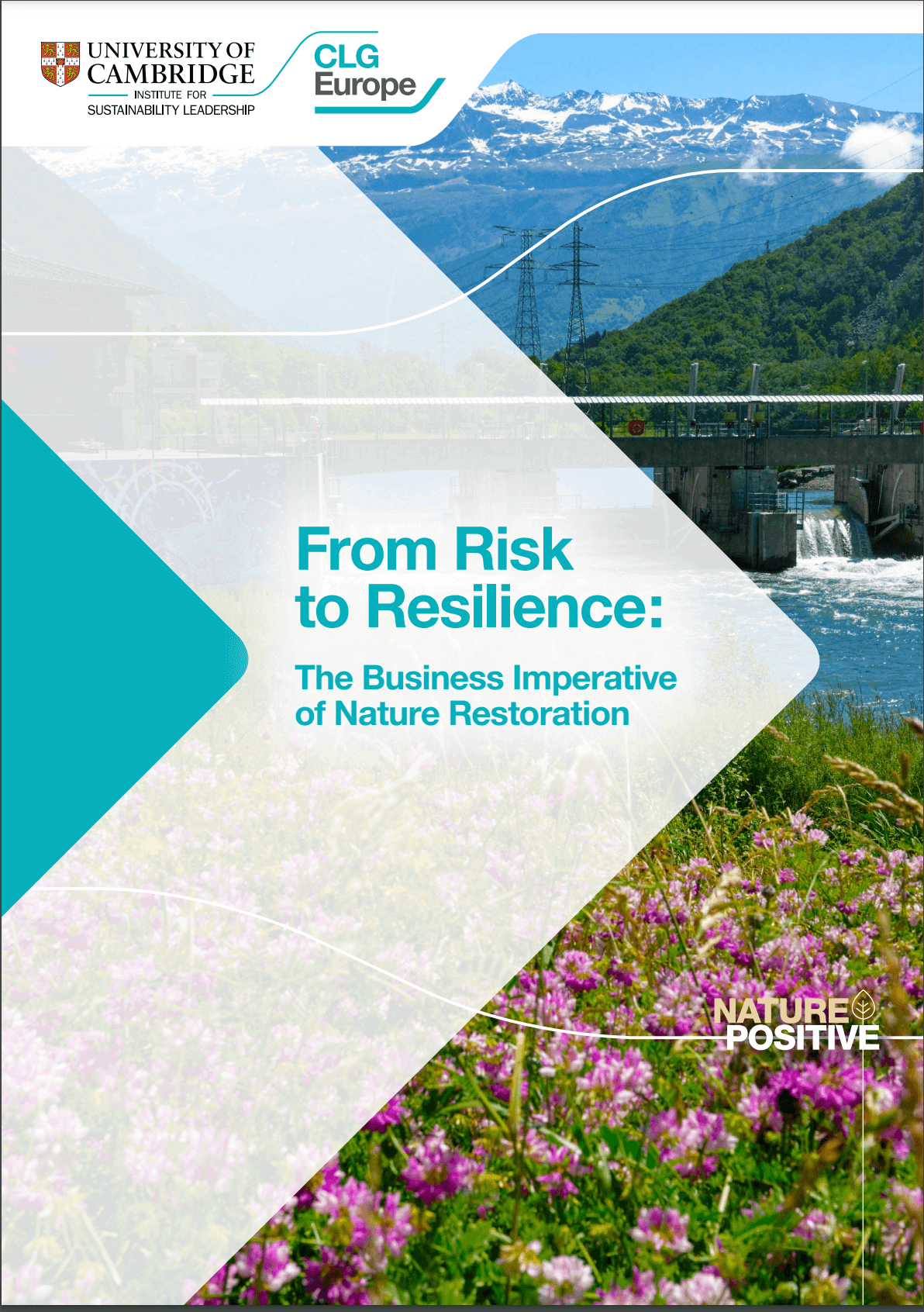From risk to resilience. The business imperative of nature restoration
Detalles
| This report addresses the restoration of Europe's natural habitats, which are deteriorating and where more than 80% are currently languishing in poor condition. Business has a key role to play in curbing this crisis, as evidenced by the EU's proposed Nature Restoration Law. This report highlights the economic and social benefits that such a law can bring. While nature is indispensable to societies and economies for vital services such as food production and climate regulation, the 2020 "State of Nature in the EU" report reveals that 81% of habitats are in decline. Climate change and pollution exacerbate the problem. The accelerating deterioration of nature around the world threatens economies and well-being. Approximately 55% of global GDP ($58 trillion) depends on natural resources and services. This fragility requires rapid action against biodiversity loss. Beyond conservation, nature restoration offers immediate benefits for biodiversity and a number of social and economic advantages described here. A strong EU Nature Restoration Act can be the linchpin of fruitful collaboration between businesses and ecosystems, driving shared benefits. |
Recursos relacionados

Unpriced Environmental Costs: The Top Externalities of the Global Market
The world's publicly traded companies rely on natural capital for their operations, yet they cause trillions of dollars in unaccounted…

Restoration Reckoning. Assessment of available options (geospatial / local measurement and modelling) and their strengths and weaknesses for measuring forest landscape
This report is an assessment of the available options (geospatial/local measurement and modelling) and their strengths and weaknesses for measuring…


